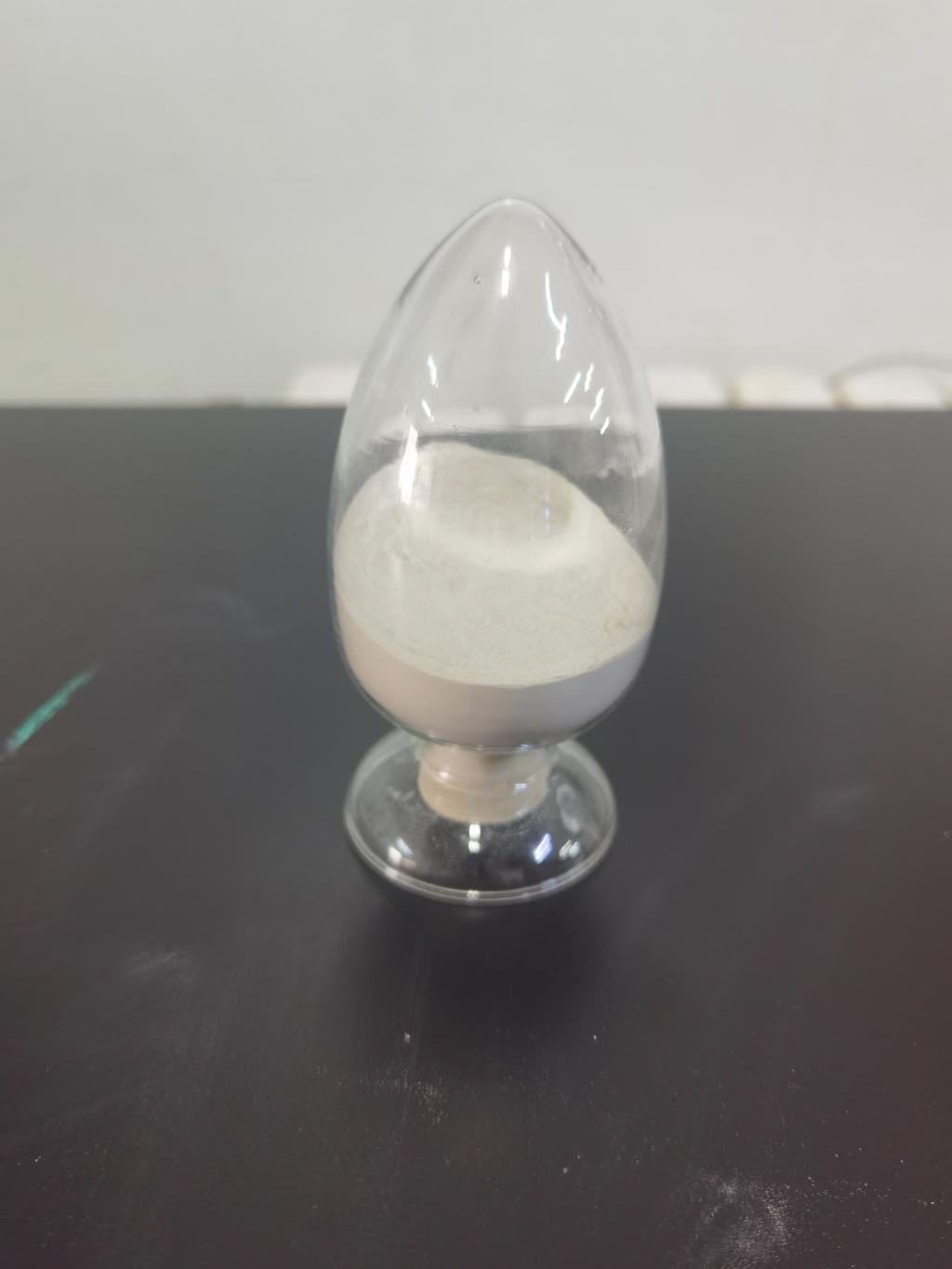Tel:+8618231198596

News
 CONTACT
CONTACT
 CONTACT
CONTACT
- Linkman:Linda Yao
- Tel: +8618231198596
- Email:linda.yao@dcpharma.cn
- Linkman:CHARLES.WANG
- Department:Overseas
- Tel: 0086 0311-85537378 0086 0311-85539701
News
Current Position:
Home >
News
>What is role of Nisin in preventing biofilm formation in food processing equipment?
What is role of Nisin in preventing biofilm formation in food processing equipment?
TIME:2023-07-26
Introduction
Biofilms are complex communities of microorganisms that adhere to surfaces and encase themselves within a self-produced matrix. They present a formidable challenge in food processing equipment as they can resist conventional cleaning and sanitization procedures, leading to cross-contamination, equipment corrosion, and a decline in food quality and safety. One promising solution to combat biofilms is the utilization of Nisin, a natural antimicrobial peptide produced by some strains of Lactococcus lactis. This article delves into the mechanisms of biofilm formation and explores the efficacy of Nisin in preventing their development in food processing environments.
Mechanisms of Biofilm Formation
Biofilm formation typically involves a series of steps:
2.1. Attachment: Microorganisms adhere to a surface, facilitated by various factors, such as hydrophobic interactions and electrostatic forces.
2.2. Colonization: Microbes multiply, forming microcolonies within the initial attachment site.
2.3. Exopolymeric Substance (EPS) Production: Microbes secrete EPS, a protective matrix composed of polysaccharides, proteins, and DNA that strengthens and stabilizes the biofilm structure.
2.4. Maturation: The biofilm matures as additional layers of microbes and EPS are deposited.
2.5. Dispersion: In some cases, biofilms can disperse, releasing free-floating cells that can colonize new surfaces.
Challenges of Biofilms in the Food Industry
Biofilms pose several challenges in the food processing industry:
3.1. Contamination and Spoilage: Biofilms can harbor pathogenic bacteria and spoilage microorganisms, leading to product contamination and reduced shelf life.
3.2. Food Safety Concerns: Pathogens within biofilms may survive cleaning and sanitation procedures, increasing the risk of foodborne illnesses.
3.3. Equipment Degradation: The matrix of biofilms can cause corrosion and damage to food processing equipment, leading to increased maintenance costs.
3.4. Reduced Efficiency: Biofilms create rough surfaces that impede heat transfer and hinder equipment efficiency.
Nisin: A Natural Biofilm Inhibitor
Nisin is a bacteriocin, a type of antimicrobial peptide, that exhibits potent antimicrobial activity against a wide range of Gram-positive bacteria, including foodborne pathogens like Listeria monocytogenes and Staphylococcus aureus. Its inhibitory effects on biofilm formation have been the subject of various studies.
4.1. Mechanism of Action:
Nisin exerts its antimicrobial effects by disrupting cell membrane integrity, leading to ion leakage and cell death. In the context of biofilms, Nisin interferes with attachment and colonization, preventing the initial stages of biofilm development.
4.2. Biofilm Matrix Disruption:
Nisin has been shown to degrade EPS, the main component of the biofilm matrix. By targeting EPS, Nisin weakens the structural integrity of the biofilm, making it more susceptible to removal during cleaning and sanitation procedures.
4.3. Synergistic Effects:
Nisin has demonstrated synergistic effects with other antimicrobial agents and sanitizers commonly used in the food industry. These combinations enhance the overall antimicrobial efficacy and help overcome biofilm-related challenges effectively.
Applications of Nisin in Food Processing Equipment
The use of Nisin to prevent biofilm formation offers several advantages:
5.1. Enhanced Food Safety: Incorporating Nisin into cleaning and sanitizing agents reduces the risk of biofilm-related contamination, ensuring safer food products.
5.2. Prolonged Equipment Lifespan: By inhibiting biofilm growth, Nisin helps maintain equipment integrity, reducing the need for frequent replacements and repair.
5.3. Sustainable Approach: Nisin is a natural peptide derived from fermentation, aligning with the industry's growing demand for eco-friendly solutions.
5.4. Regulatory Approval: Nisin has been approved as a safe food additive in many countries, making it easily accessible and suitable for food processing applications.
Challenges and Future Perspectives
While Nisin holds significant promise as a biofilm inhibitor, certain challenges remain:
6.1. Spectrum of Activity: Nisin's effectiveness is limited to Gram-positive bacteria, necessitating alternative solutions for Gram-negative biofilms.
6.2. Optimization and Formulation: The ideal concentration and delivery systems for Nisin application need further research and development.
6.3. Resistance Development: Continuous Nisin exposure could potentially lead to bacterial resistance, warranting prudent usage strategies.
Conclusion
Nisin presents a viable and sustainable solution to prevent biofilm formation in food processing equipment. By disrupting biofilm formation and inhibiting the growth of foodborne pathogens, Nisin enhances food safety, prolongs equipment lifespan, and aligns with the industry's desire for eco-friendly practices. Further research and collaboration between academia, industry, and regulatory bodies will continue to unlock the full potential of Nisin in safeguarding the food supply chain.
- Tel:+8618231198596
- Whatsapp:18231198596
- Chat With Skype







